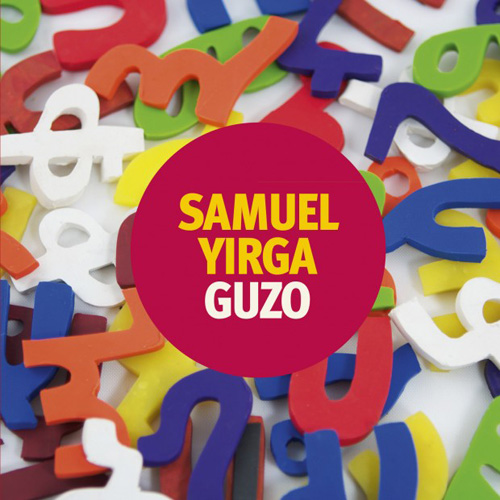Reviews December 17, 2012
Guzo
Although we are definitely little late on this one, albums of quality shouldn't be allowed to slip under the radar. And Guzo, the newest record from Samuel Yirga, a young Ethiopian pianist/composer whose playing has been making waves in the international circuit, is without question an album of significant quality.
Anyone who has ever listened to one of the seemingly endless stream of Ethiopiques compilations knows that, during the sixties and seventies, Ethiopia produced its own form of "jazz," a powerful style with a sound and rhythmic sense utterly unlike anything else. While it certainly swings- albeit in a very specific way- and features prominent soloists, Ethio Jazz is a different beast than its American namesake, emerging from a different context, and creating a totally different impact. And those differences are precisely what make this album such a fascinating listen. Essentially, Yirga has managed to bridge the gap between the two genres with style, grace, and an excellent compositional sense, importing the mastery of group interaction perfected by American players, and lacing it with a set of material (and a group of instruments!) that really couldn't come from anywhere except Addis Ababa.
On tracks like the superb opener Abet Abet or Firma En Wereket (both of which were recorded in Addis), the band winds its way through typically slinky melodies with aplomb. The orchestration is uniformly excellent, with horns and keys tangling over the central space while the percussion adds another layer underneath. The rhythmic counterpoint showcased on tracks like this is particularly impressive; the horn section is a constantly moving target, throwing parts back and forth, splitting into separate voices and then fusing back into a chorus of brass, all while maintaining the distinctive marching rhythms so unique to Ethiopia. Unfortunately, the album sags the further it gets away from this sound- tracks like Ya Bati Koyita draw far too much inspiration from the limpid pools of solo Keith Jarret, offering a repetitive chiming that fades into the background and then stays there for 8 minutes. But despite a few missteps like this, the album's best cuts smoke, updating and adopting two of the world's greatest pop music traditions and bringing forth a deeply impressive union between them. Definitely a record to give a spin.









